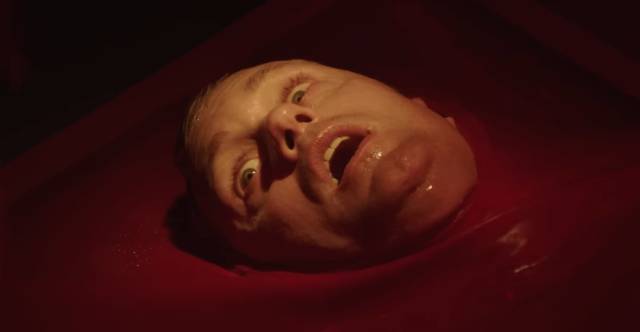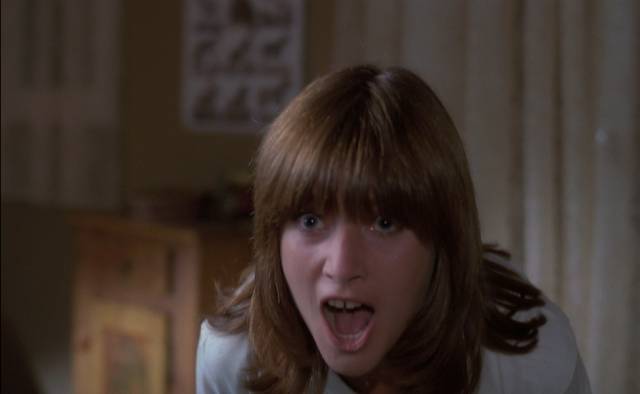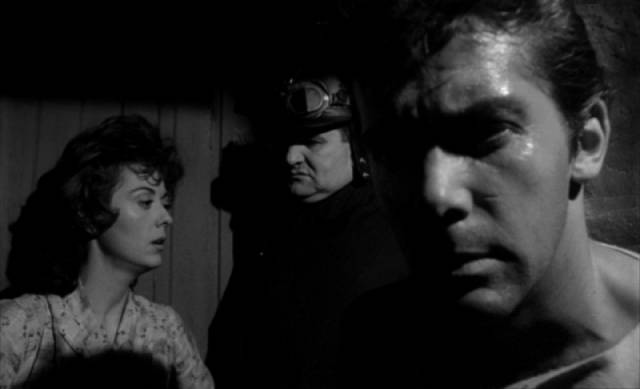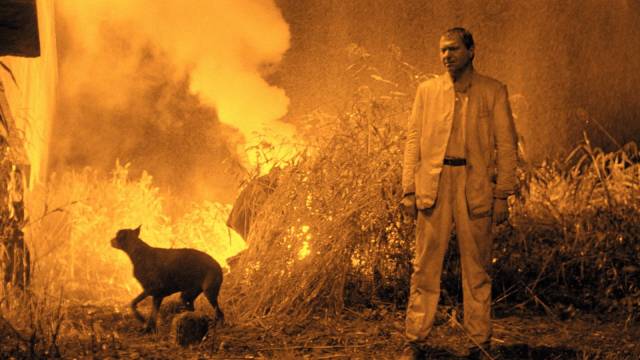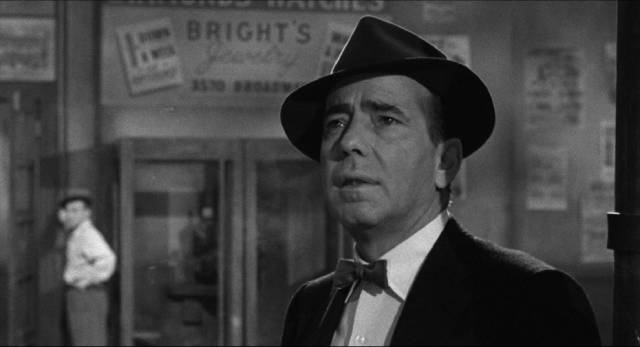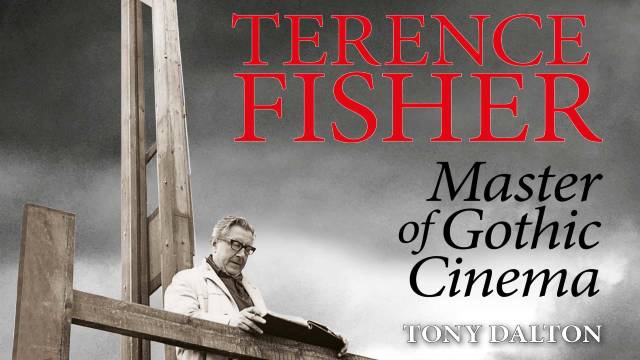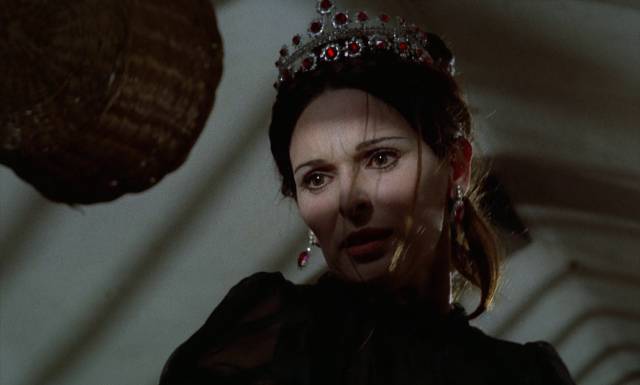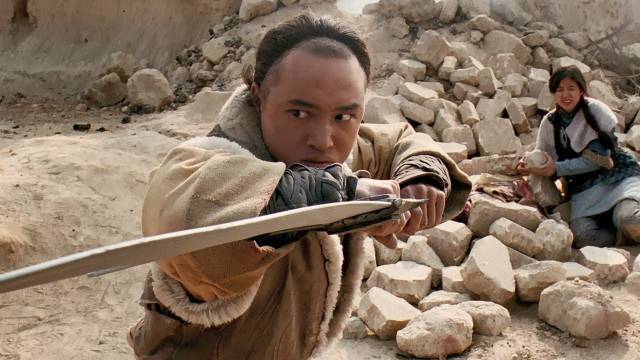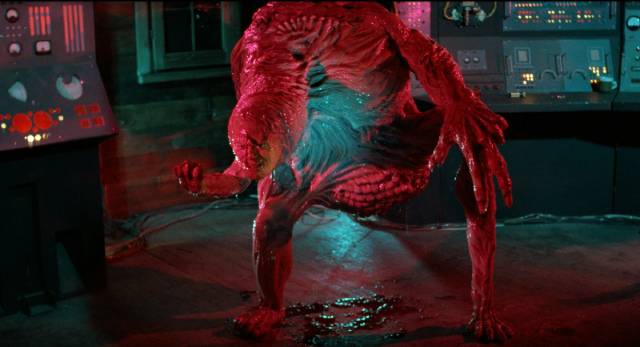
Vinegar Syndrome begin 2023 by casting a wide net to gather a range of exploitation movies from Hong Kong, Mexico and the U.S. It’s a mixed bag encompassing Stuart Gordon’s classic H.P. Lovecraft adaptation From Beyond (1986); three extreme horrors featuring iconic actor Anthony Wong; a sordid Mexican movie about a psychopath killing and raping for Satan; Tom Chaney’s Frostbiter (1995), a derivative low-budget horror from Michigan featuring ambitious special effects, miniatures, stop-motion animation and Evil Dead-inspired excess; and Curt Siodmak’s minor oddity Curucu, Beast of the Amazon (1956), the first from a new sub-label, Vinegar Syndrome Labs, intended to gauge interest in this kind of obscure title.
